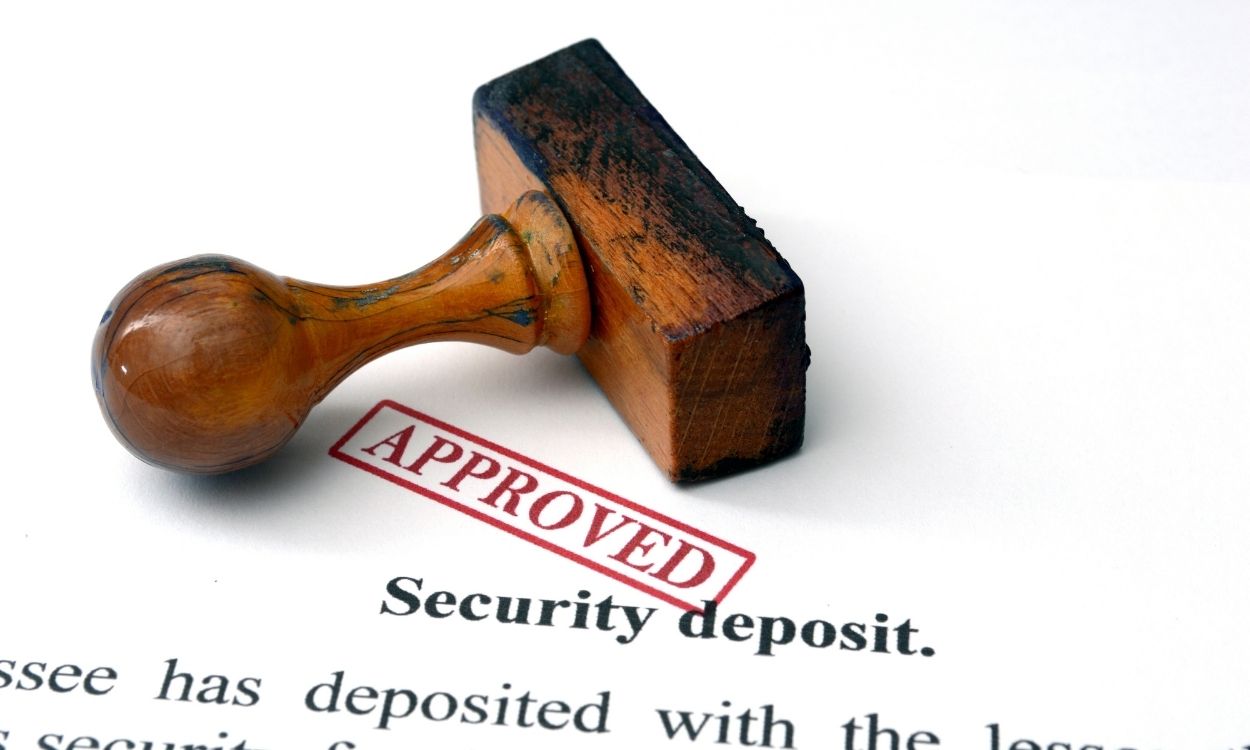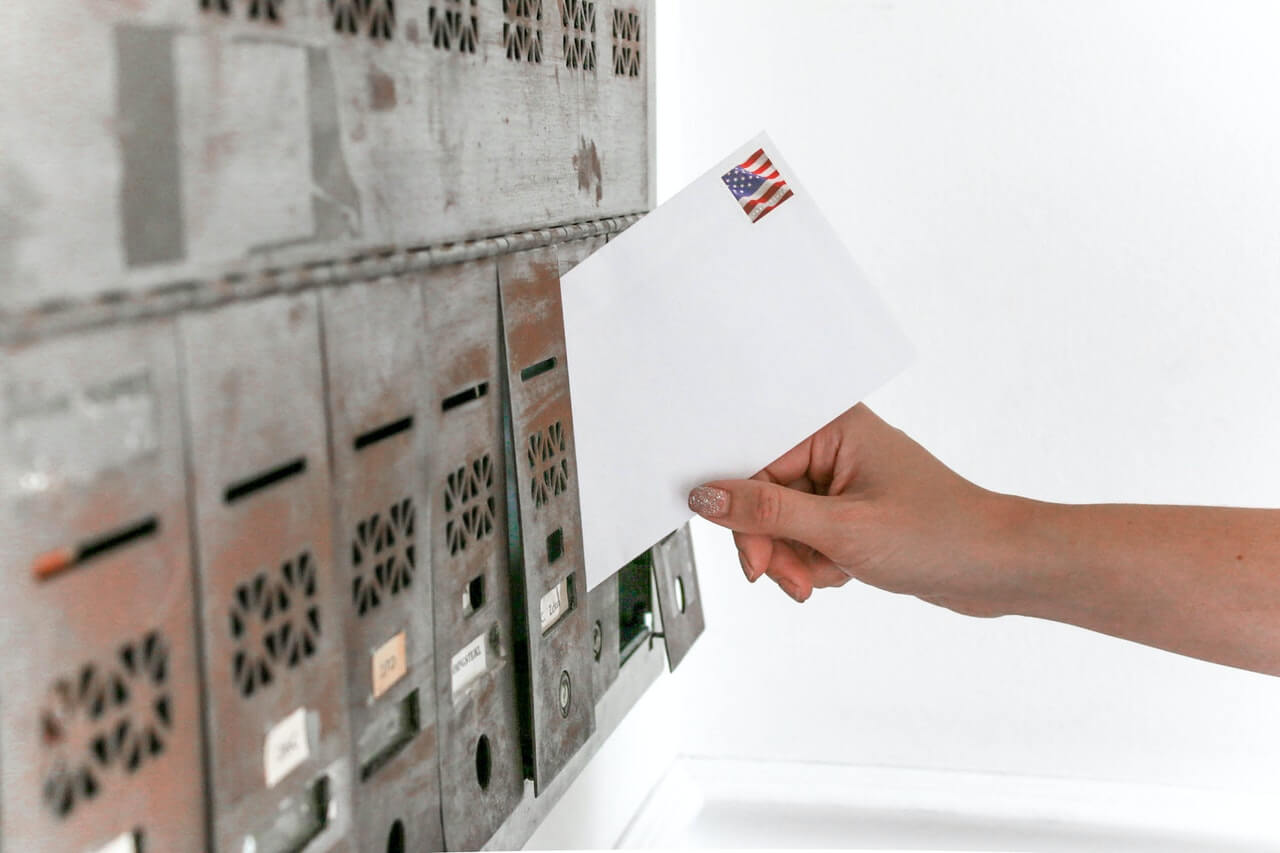.png)
As a landlord in Florida, you have certain rights under the state's landlord-tenant law. Among them is the right to ask for a security deposit from tenants prior to allowing them to sign the lease.
Requiring tenants to pay a security deposit is important for multiple reasons. For one, it'll help cushion you against any financial damage that may result from negligent property damage by the tenant.
Here are some examples of negligent or careless property damage:
- Unauthorized paint colors.
- Holes in the walls.
- Chipped countertops, burnt areas, and/or multiple stains.
- Broken glass, ripped screens and/or broken window hardware.
- Broken, chipped or missing tiles.
- Deeply scratched hardwood floors.
- Pet caused damage, such as heavily stained or ripped carpets.
In such cases, you may be able to make appropriate deductions from the tenant's deposit to fix the repairs.
Besides helping cover for excessive property damage, a tenant's security deposit may also help cover for:
- Lost rental income if your tenant chooses to abandon their rental premises.
- Loss in rent payments if your tenant chooses to quit paying rent.
- Excessive cleaning costs if your tenant leaves their premises in extreme cases of uncleanliness.
- Unpaid utilities upon the tenant moving out.

Here's a Guide to the Florida Security Deposit Law
Security Deposit Limit
Some states limit how much security deposit a landlord can charge their tenants. However, in Florida, you're free to charge your tenants any security deposit amount.
Most landlords, however, understand the importance of charging their tenants a fair amount. Typically, a landlord won't charge anything exceeding two months' rent as security deposit.
Generally, overcharging tenants will just mean longer vacancies! Prospective tenants will consider renting other properties instead. So, be reasonable when charging the security deposit.
Storing a Tenant's Security Deposit Amount
You must store your Florida tenant's security deposit in one of three ways:
- You can opt to store your tenant's deposit in a Florida bank account that doesn't bear interest. You must make sure that you don't use the account for anything except security deposits.
- You can choose to store your tenant's deposit in an interest-bearing account. You must pay interest earned to your tenant annually and at the end of the lease term. You can either pay it directly to the tenant or you can credit the interest back to the tenant in the form of rent.
- You can choose to post a security bond. The security/surety bond must be equal to the security deposit amount, or $50,000, whichever is less. You must post the security bond in the county where the rental property is situated. Furthermore, you must pay your tenant an annual interest of 5% on the bond.

Notice Requirements
Do Florida tenants have a right to be notified once the landlord receives their security deposit? Yes! You must notify your tenant no more than 30 days after receiving their security deposit. The notice must be written.
In the notice, you must include certain vital information. Here is what should be included:
- The banking institution's name and address.
- How you're storing your tenant's deposit.
- At how much interest rate you're holding the tenant's deposit if you're holding the deposit in an interest-bearing account.
You can deliver the written notice either in person or via mail.
Withholding a Tenant's Security Deposit
You may be able to legally withhold part or all of your tenant's security deposit for various reasons.
In Florida, common reasons include:
- Nonpayment of rent. This is a serious breach of the lease or rental agreement.
- Losses in rent payments. If your tenant abandons the property or breaks their lease, you may be able to keep part or all of their deposit.
- Unpaid utilities. Your tenant must clear all their utility bills prior to moving out. If they don't, you can use part or all of their deposit to pay them.
- Excessive property damage. Any damage to the apartment exceeding normal wear and tear is the tenant's liability.

Walk-Through Inspections
In some states, tenants have a right to a walk-through inspection prior to moving out of their rented premises. The goal of a walk-through inspection is to check for any damage exceeding normal wear and tear or unauthorized property alterations.
However, in Florida, landlord-tenant laws don't require landlords to perform a walk-through inspection prior to their tenants moving out.
Security Deposit Return Florida
If you're returning the deposit in full, you must do so within 15 days once the lease is terminated. You must send the deposit alongside any interest due to the tenant.
If you've made some deductions to it, then you'll have 30 days to notify the tenant. If you fail to do this within the 30 days period, you'll forfeit your right to keep any portion of it.
What's more, in the notice, you must state two crucial things:
- You must tell your tenant that they have 15 days from receiving the notice to contest it. They must do so in writing.
- You must state the reason for making the deductions.
It also goes without saying that you must send the written notice to the tenant via certified mail.
Your tenant has a right to object your claim on their security deposit. If they do, you could choose to seek legal redress. But if the tenant doesn't make any objections, then you have 30 days to send them the remaining portion.

Sale of the Property
If you sell your property, you must transfer the tenant's deposit (and any interest earned) to the incoming landlord.
Bottom Line: Security Deposit Florida Laws
As a Florida landlord, charging your tenants a security deposit is crucial. It will help protect you financially and mitigate risks.
We hope this article about the security deposit laws in Florida was informative.
If you need more help or have any further questions, contact Anchor Property Services today!
Disclaimer: This content is for educational purposes. For further help, kindly consider hiring professional legal services or seek help from a qualified property management company.
